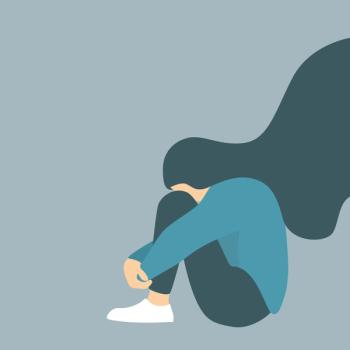
Loss and suffering can be hard for both patient and provider. Here’s what we know, what we need to learn, and how to protect yourself as a clinician.

Loss and suffering can be hard for both patient and provider. Here’s what we know, what we need to learn, and how to protect yourself as a clinician.
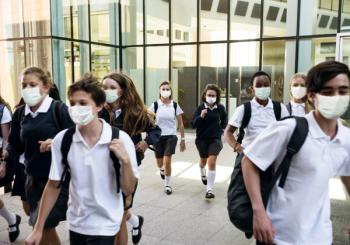
What's new and noteworthy in children and adolescent psychiatry?

Results suggest that psilocybin therapy may prove to be helpful in improving quality of life for patients with cancer.

Larger cities may provide a protective buffer against developing depression.
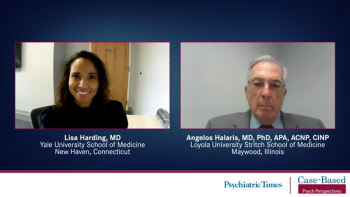
Lisa Harding, MD, and Angelos Halaris, MD, PhD, APA, ACNP, CINP, give advice to any clinicians considering the use of intranasal esketamine for treatment resistant depression.

Drs Harding and Halaris review the requirements health care settings must follow in order to procure, prescribe, and dispense intranasal esketamine as treatment resistant depression therapy.

Two psychiatrists discuss the importance of intranasal esketamine having a Risk Evaluation and Mitigation Strategy (REMS) and how that impacts treatment for treatment resistant depression.

Drs Harding and Halaris evaluate the phase 3 TRANSFORM trial that studied intranasal esketamine as a therapy option for treatment resistant depression.

Two experts examine the impact of targeting the glutamatergic system as therapy for treatment resistant depression.

Lisa Harding, MD, and Angelos Halaris, MD, PhD, APA, ACNP, CINP, discuss their thoughts on starting treatment with intransal esketamine and what to expect.

Two psychiatrists review the case of 42-year-old female patient with a treatment resistant depression diagnosis that was prescribed intranasal esketamine.

Drs Harding and Halaris provide an overview of treatment resistant depression, including prevalence and determining a diagnosis.

Lisa Harding, MD, and Angelos Halaris, MD, PhD, APA, ACNP, CINP, review a case of a 26-year-old male patient who was recently diagnosed with treatment resistant depression

New Drug Application to be submitted for MDD in late 2022, with separate filing for PPD planned for early 2023.

How to regulate circadian rhythms and regulate mood using dark therapy.
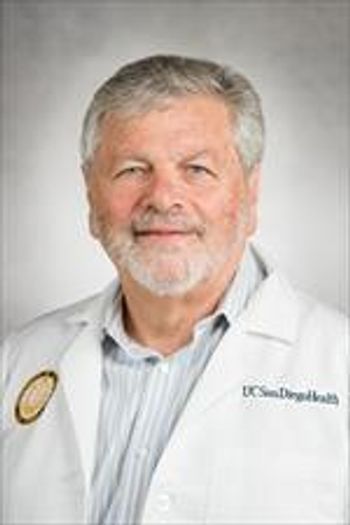
Sidney Zisook, MD, shares insights into defining depression diagnosis.

Bringing science to the practice of psychiatry has been the personal goal of Sheldon H. Preskorn, MD—the Educator of the Year.
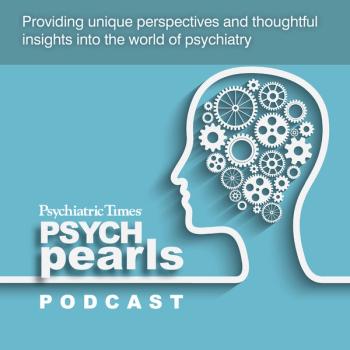
James L. Knoll IV, MD, shares insights from his decades in forensic psychiatry, where he has treated some of the criminal justice system’s most difficult and dangerous patients.
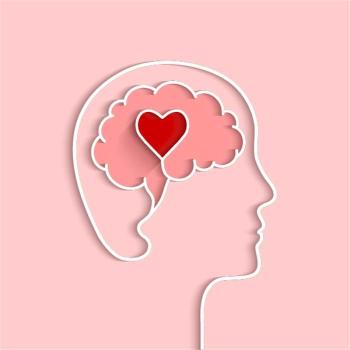
Caplyta shows promise as a monotherapy for patients with bipolar I or bipolar II disorder experiencing a major depressive episode
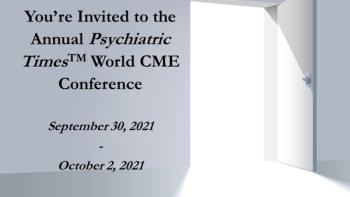
At the Annual Psychiatric Times World CME Conference, an all-star lineup of presenters will share their latest research. Check out this preview of the full agenda.

What can be done to help patients turn painful memories into opportunities for posttraumatic growth?

A hypnotic might be a good option for augmenting depression treatment, but which hypnotic has the best evidence for efficacy?
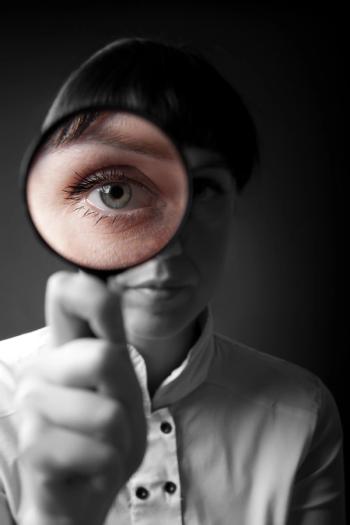
After a string of disappointing results, mirtazapine gets another look in a recent study.

How can clinicians distinguish between ordinary grief, depression, and prolonged grief disorder?
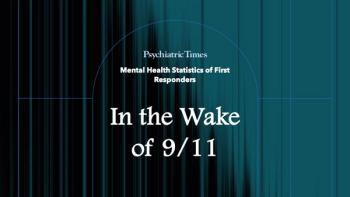
What toll does trauma take on police officers, firefighters, and EMT workers?